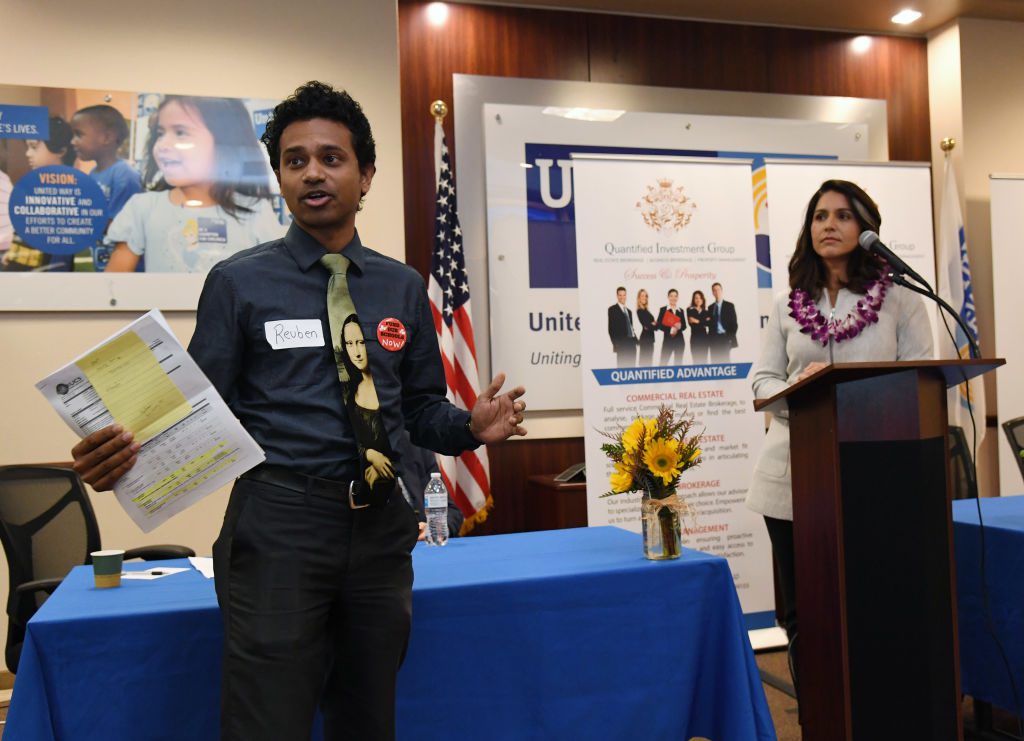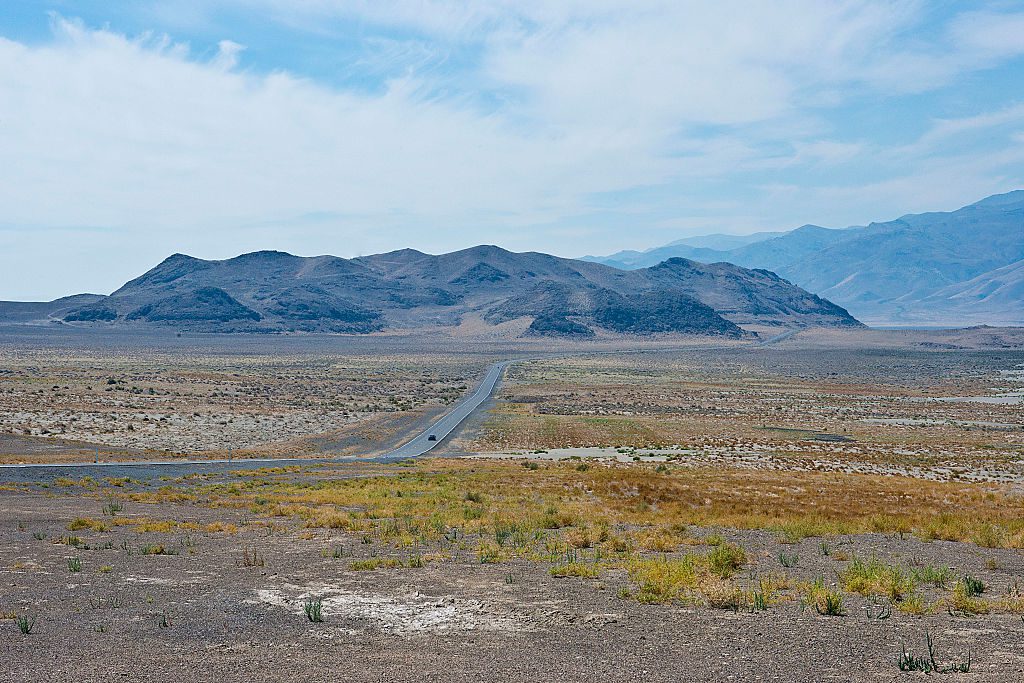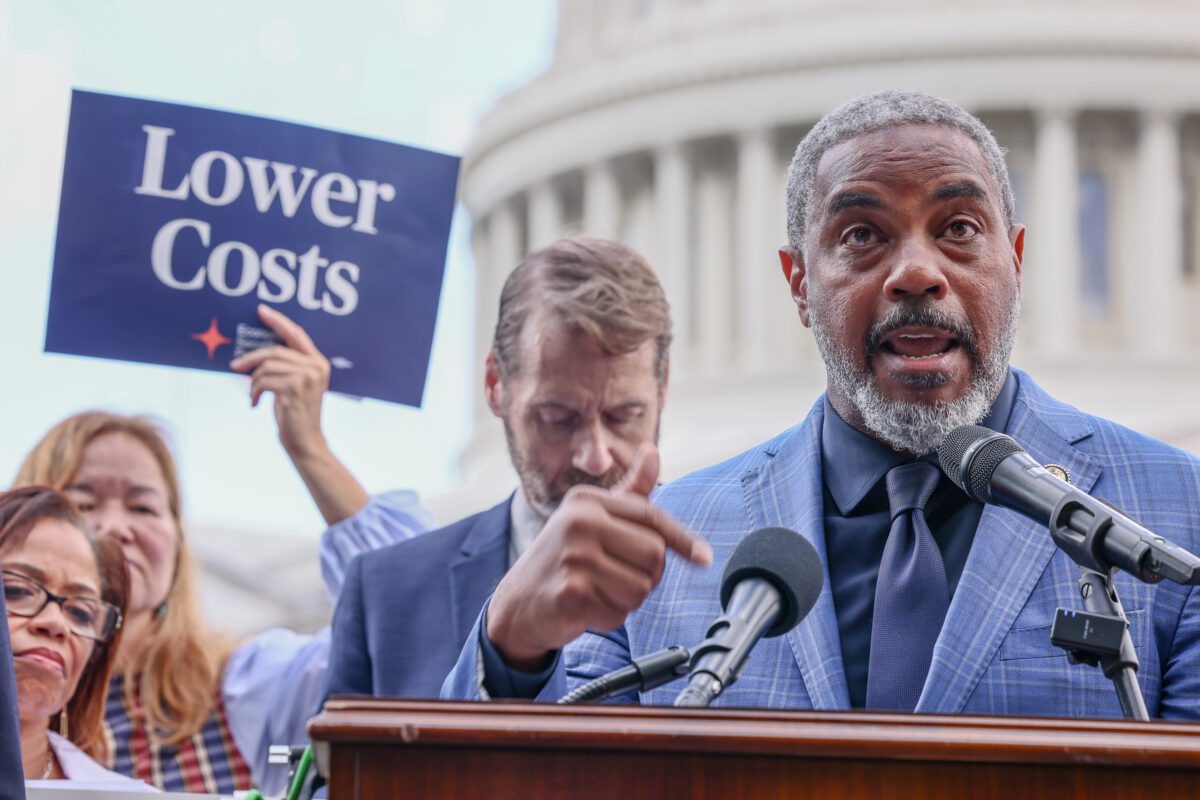
WASHINGTON, DC - SEPTEMBER 11: Rep. Steven Horsford (D-NV) speaks during the "Protect Healthcare, Lower Costs" press conference on Capitol Hill on September 11, 2025 in Washington, DC. (Photo by Jemal Countess/Getty Images for Economic Security Project)
As a federal shutdown looms, Congressional Democrats hold out for a better deal for their constituents.
The federal government could soon shut down as partisan divides on funding legislation point towards a showdown on Capitol Hill.
Republicans called for a continuing resolution last week that includes a request for $88 million for increased security for lawmakers, the executive branch, and the U.S. Supreme Court, following the slaying of Charlie Kirk, founder of the right-wing organization Turning Point USA. Democrats, in turn, responded by pushing for the reinstatement of health care subsidies cut by the “One Big Beautiful Bill Act” (OBBBA).
The bill, signed into law by President Donald Trump on July 4, led to substantial tax cuts for the ultrawealthy while simultaneously slashing social programs and shrinking health care access for 15 million Americans by 2034. As a result, Democrats may leverage their votes on funding the government in exchange for extensions to the Affordable Care Act and reversed changes to Medicaid.
“They are willing to shut down the government to continue their assault on health care,” Democratic Rep. Susie Lee (District-3) wrote in an email. “I … urge my Republican colleagues to come to the negotiating table to pass a bill that supports working Americans before it’s too late.”
Republicans hold more power in Congress than Democrats, but they need seven votes from Democrats to pass a budget extension.
Democrats held the line, rejecting the bill in the Senate during a vote late last week.
U.S. Senator Catherine Cortez Masto (D-NV) said in a press release that she rejected the Republican-led resolution because of the risk it posed to “health care costs for working families” and called for Republicans to work across the aisle.
“Democratic colleagues and I stand ready to negotiate a bipartisan deal that keeps the government open while lowering health care costs and extending the ACA tax credits,” she wrote. “But Republicans must come to the table.”
Unlike the OBBBA, which Republicans strong-armed through Congress using budget reconciliation, short-term funding packages called continuing resolutions—which help lawmakers extend funding at its current level—require broader partisan support.
“We have five days…until Republicans walk us into another crisis, entirely of their own doing,” Democratic Rep. Steven Horsford (District-4) said during a Ways and Means Committee Hearing last week.
While Trump can make fiscal recommendations, funding the federal government is a task that ultimately lies with Congress. To avoid a shutdown, Republican senators need Democratic buy-in to meet the 60-vote threshold required to advance the continuing resolution.
Members have until Sept. 30 to come to an agreement that would result in a short-term spending package that funds the federal budget until Nov. 21. This would give politicians leeway to negotiate a long-term plan, reports the Guardian.
If a shutdown lingers
Nevada Democratic Assemblyman Reuben D’Silva, a Purple Heart Marine Corps veteran, said partisan gridlock in Washington is the new norm and highlighted the impact of a shutdown on Nevada. He said federal dollars pay for a “swath” of our services.
“From everything from building roads, to funding our universities, to paying for our local school [programs],” D’Silva said. “So all that can be affected by decisions that are made in Congress.”
D’Silva, a member of the Government Affairs Committee, said a shutdown would have devastating effects on Nevada and put military bases, park rangers, federal employee pay, and social services, including social security and SNAP benefits, at risk.
A shutdown could also stall grants for students and local governments and threaten the closure of public facilities, especially non-essential ones like federally funded parks and business hubs.
D’Silva said his biggest concern about a possible shutdown is how long it lasts.
“If [an] actual shutdown lingers … for like weeks, then there’s going to be a lot of pressure put on us as local electives to speak out … for lack of action at the federal level,” D’Silva said.
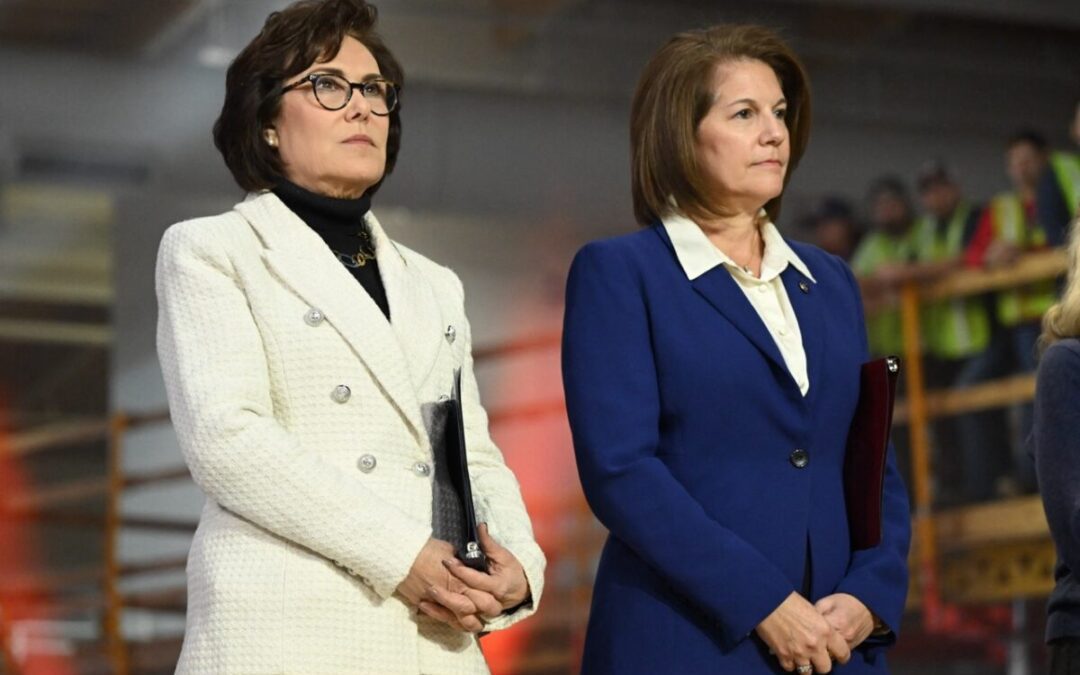
Nevada’s Jacky Rosen joins Catherine Cortez Masto in Senate vote to end federal shutdown
By Mark Robison, Reno Gazette Journal Nevada’s two Democratic senators helped break a logjam Sunday as part of a bare-minimum 60-40 vote to end the...
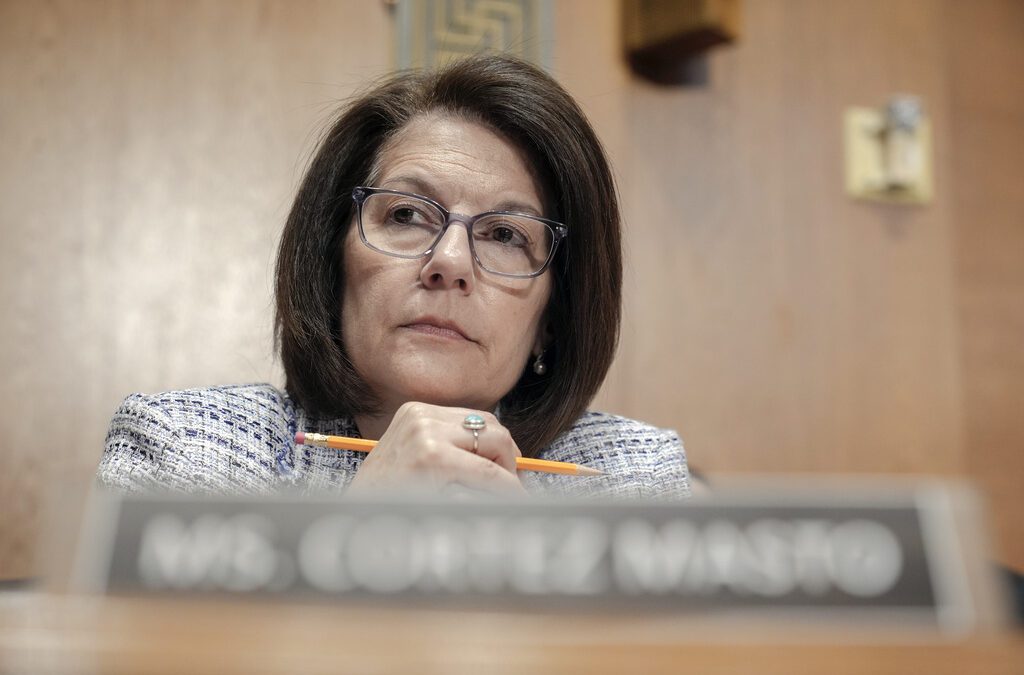
Senator Catherine Cortez Masto leads effort recognizing Hispanic Heritage Month
The Senate passed a bipartisan resolution celebrating Latino cultural and economic contributions, uplifting the 68 million Hispanics in the US, who...
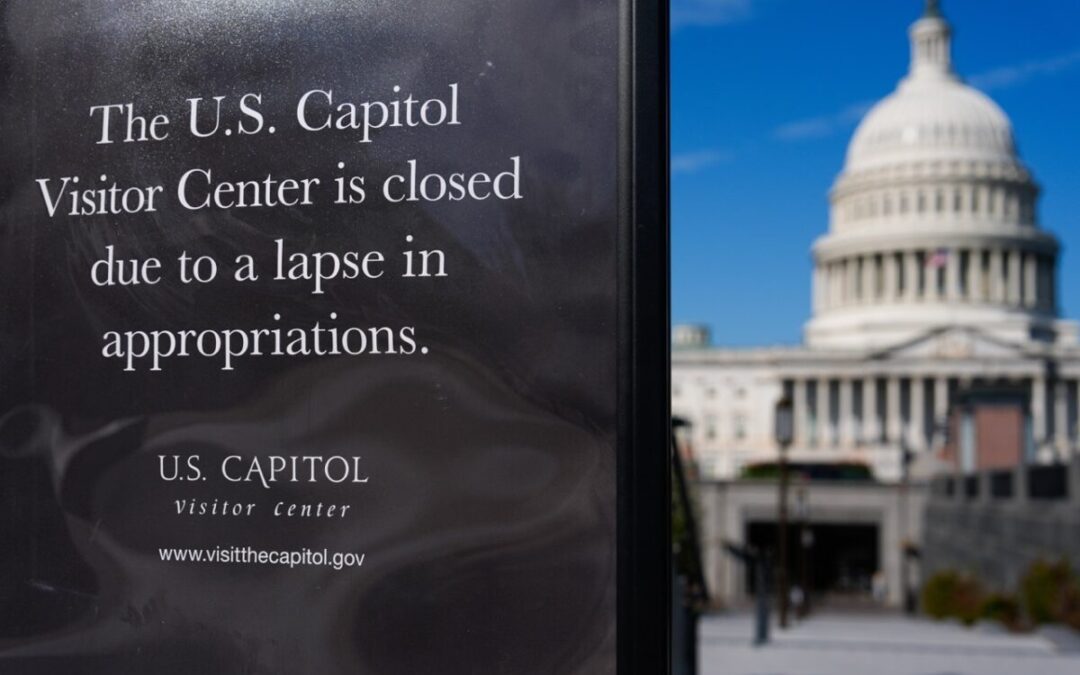
4 claves para entender qué significa el cierre del gobierno y sus consecuencias
Si sólo tienes unos segundos, lee estas líneas: El Congreso de los Estados Unidos no aprobó una ley de financiamiento a corto plazo (conocida como...
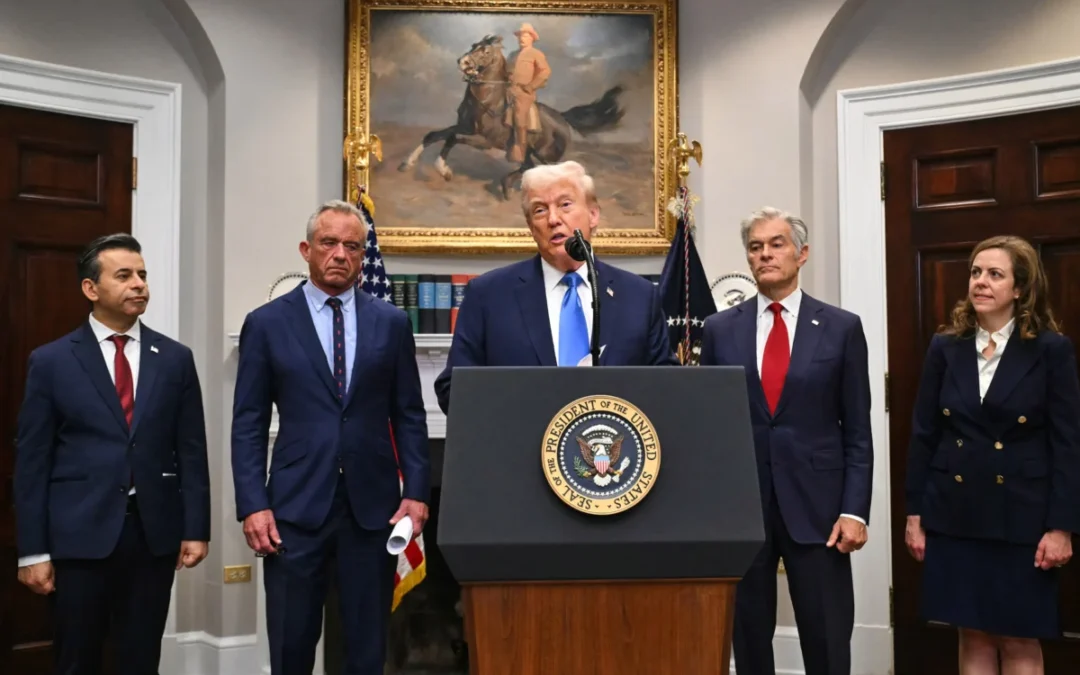
‘Sick to my stomach’: Trump distorts facts on autism, tylenol, and vaccines, scientists say
By Amy Maxmen Originally published September 22, 2025 Ann Bauer, a researcher who studies Tylenol and autism, felt queasy with anxiety in the weeks...
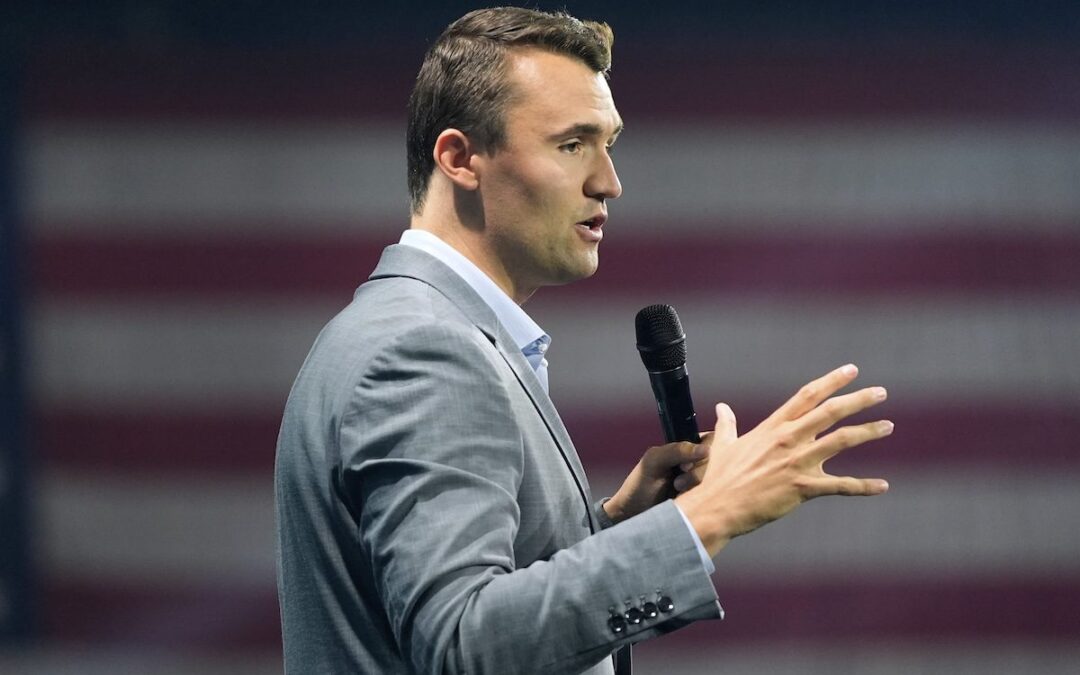
Conservative activist Charlie Kirk dies after being shot at Utah college event
OREM, Utah (AP) — Charlie Kirk, a conservative activist and close ally of President Donald Trump, was shot and killed Wednesday at a Utah college...
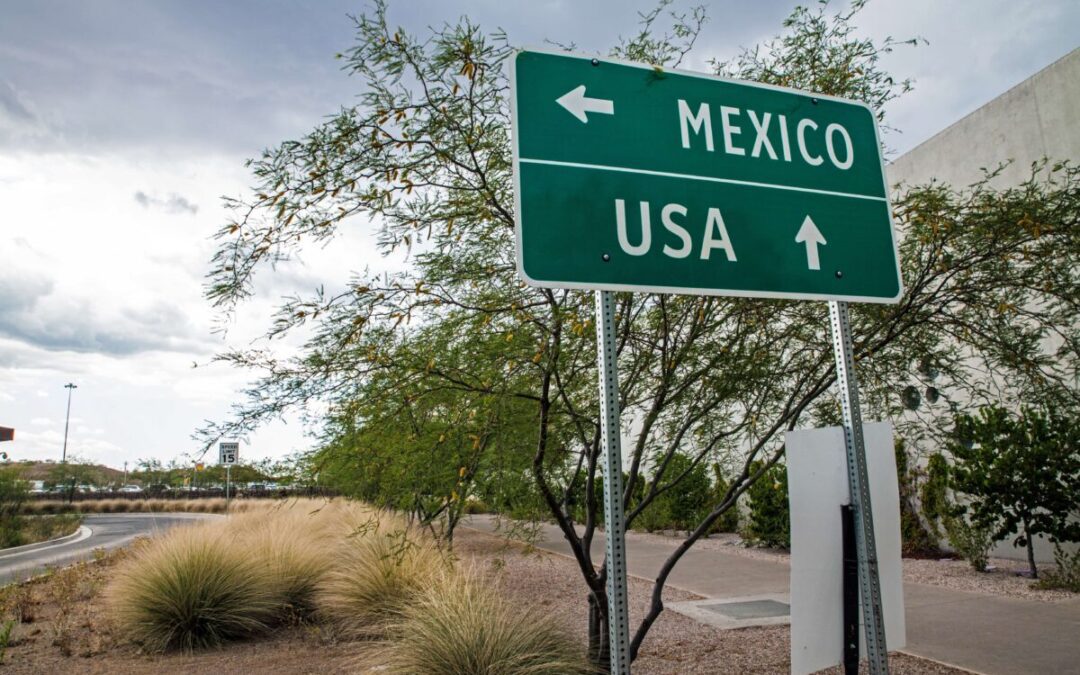
The broken American Dream shines a light on a new path to Mexico
The late ’60s revolutionized the United States—and my dad. In the wake of the assassinations of Martin Luther King Jr. and Robert F. Kennedy, and...



